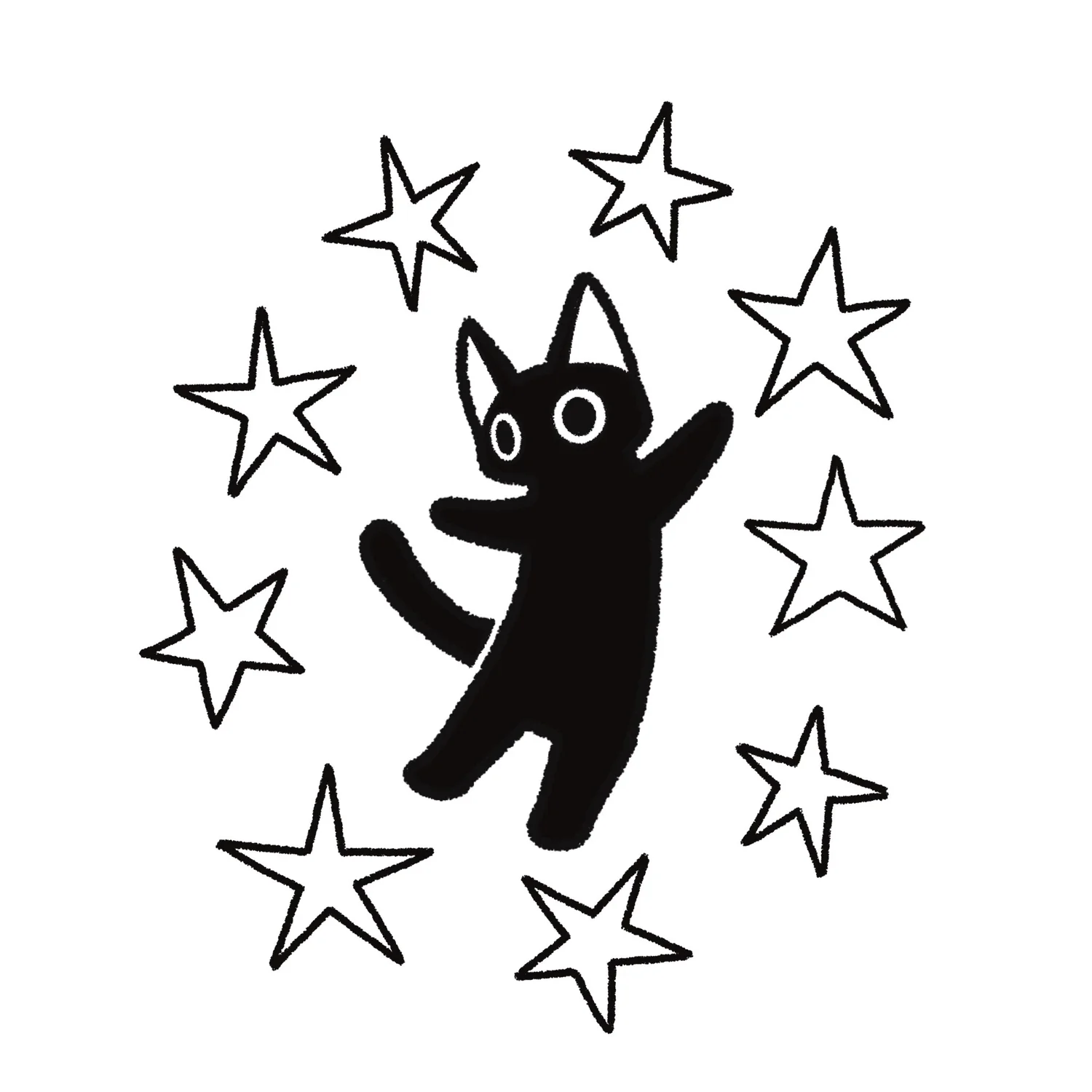submission guidelines
submissions are currently closed
keep an eye on our instagram for updates!
email all submissions to ninelivesjournal@gmail.com
submit up to five previously unpublished poems of any length in a single Microsoft Word (.docx) document.
please title your document with your full name.
in the body of your email, include a third-person bio. this journal is about the poets, so provide whatever information you’d like! we want to know you.
attach an image of yourself or something else you feel represents you. if you are published, this image will be shared on our website and social media, so make sure you have the rights to use it.
we accept simultaneous submissions, but please be prompt to let us know if your work is accepted elsewhere.
we accept poems that have previously been featured on your personal social media.
we only accept submissions from those residing within or otherwise significantly connected to aotearoa.
we’d love for your poems to be a harmonious collection that are representative of yourself. we may not select all of them, but it will give us a picture of you and your wider body of work.
we do not accept poetry that was in any way created or informed by generative A.I.
a short guide to editing poetry
here are some things we look out for when reviewing submissions -
punctuation
this is a big one. be intentional about where you use commas, full stops, italics, and so on.
make sure there is continuity throughout your poem.
pronouns
a clear narrative thread is key to guiding someone through a poem.
the improper or unclear use of pronouns can be majorly confusing.
consider whether it's clear to the reader who is being referred to with each “you” or “they”.
tenses
mixing up past, present, and future tenses is an easy way to trip up your readers.
be sure you are using the same tense throughout your poem,
unless the jump between timeframes is intentional and clearly laid out.
auto capitalisation
auto capitalisation is the bane of a poet's existence.
think about whether the first letter of each line should really be capitalised.
sometimes it can be a stylistic choice! other times, poets just didn’t think about it.
we can tell the difference between the former and the latter.
layout
the way a poem looks on the page can impact readers as much as the poem itself.
think about where each word is falling on the page.
play with the length of each stanza and the length of individual lines.
typically, aligning a poem in the centre of the page is only effective when done intentionally.
imagery
poetry has been around a looooong time.
you’ll almost always be writing about something that has been discussed before.
originality comes through in your use of metaphor, tone, and other language techniques.
think about whether the images in your poem are unique, or if you’ve seen them expressed that way before.
these are not concrete rules, rather just things to consider.
poetry is all about reconsidering and pushing the norm!
just be sure your stylistic choices come across as clear and intentional.
